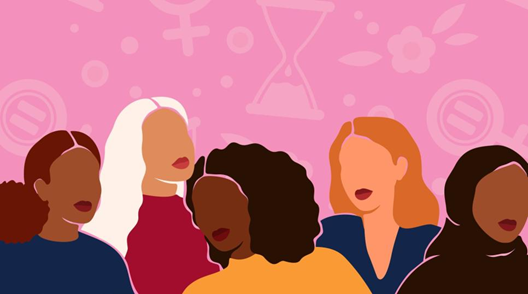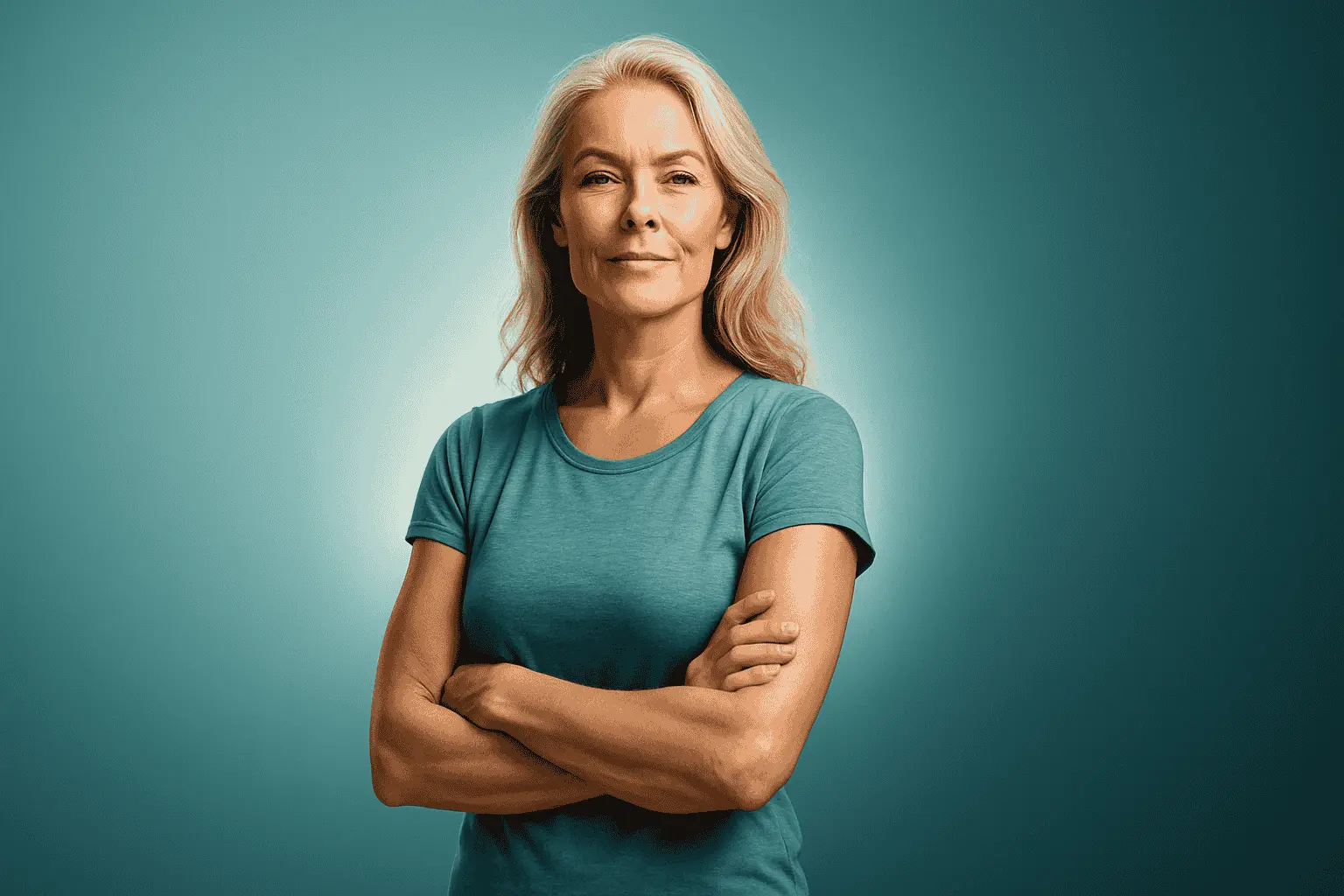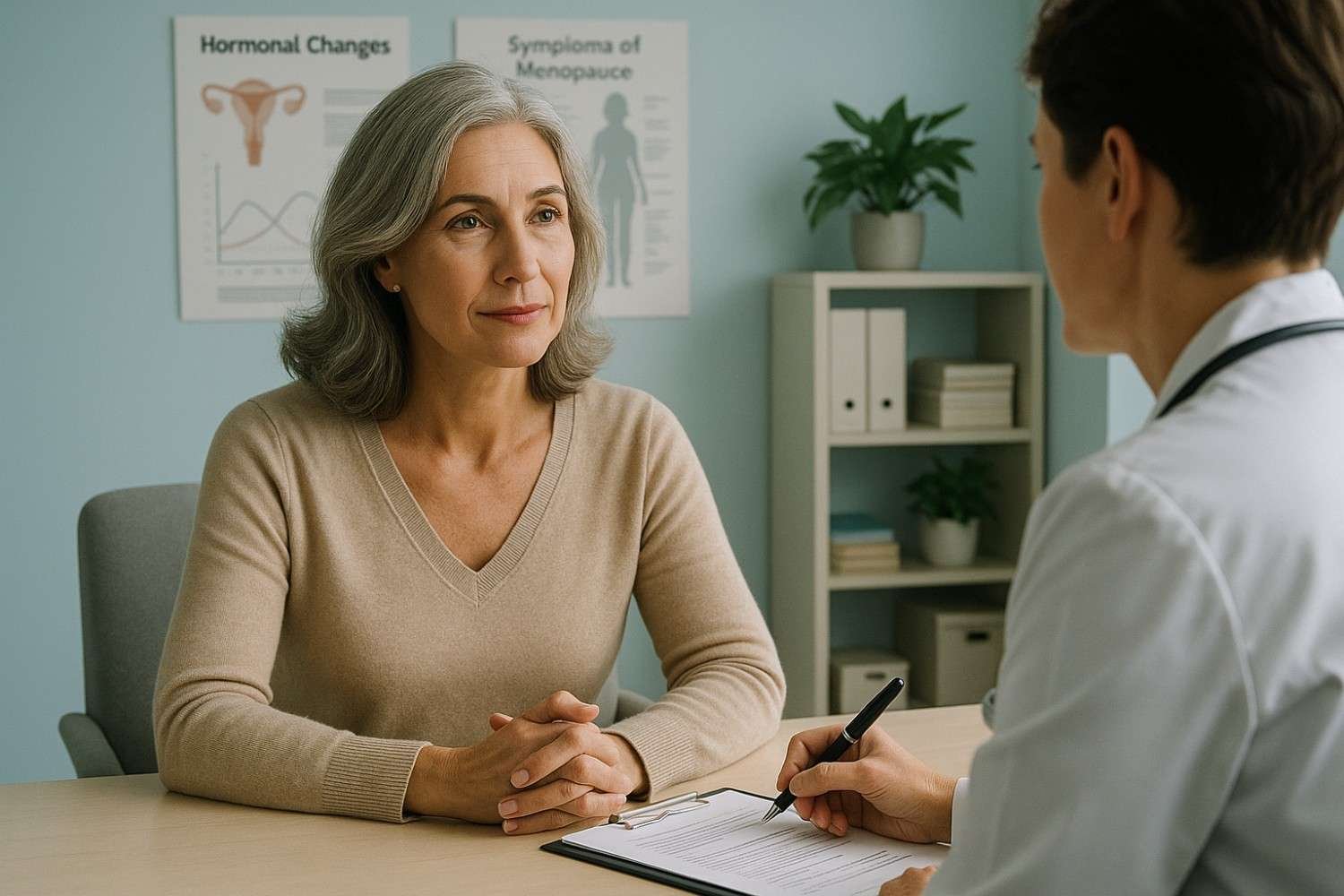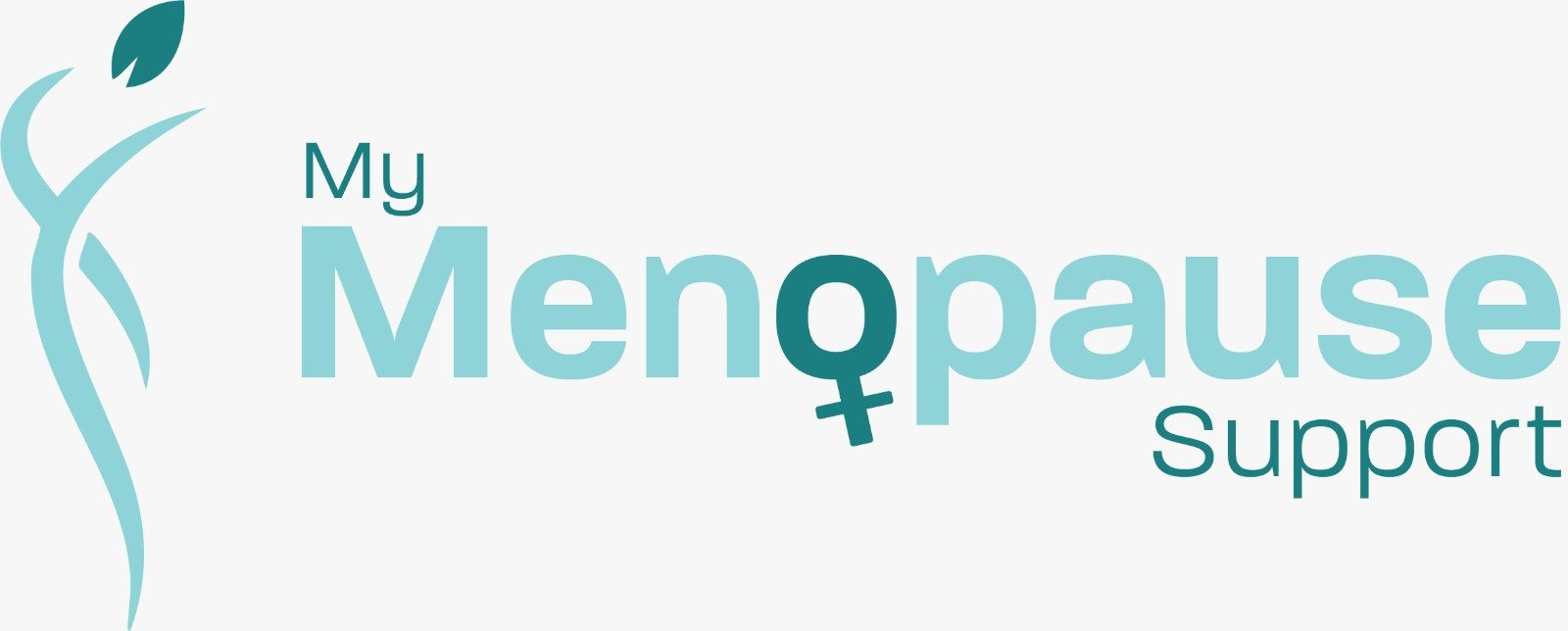Menopause happens to every woman, but not all of us experience it in the same way. For women from ethnic minority backgrounds, menopause can bring extra challenges. These come from differences in our bodies, our cultures, challenges in accessing available support, and how the healthcare system sees us.
I have tried to share some points, based on my journey of working closely with women from a range of minority ethnic communities in the UK and internationally — and why it’s important that our voices are heard.
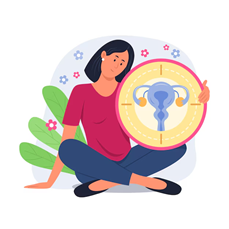
1. Early Barriers to Awareness
These challenges often start long before a woman even enters the healthcare system and are deeply rooted in social, cultural, and structural factors.
From an early age, women in these communities grow up with little education about their bodies. Awareness of menstrual cycles, hormonal changes, and the names and roles of hormones — oestrogen, progesterone, testosterone, and body-identical hormones — as well as related reproductive system terminology, is often limited. Words like “menopause,” “hormones,” or “periods” may not even be part of their vocabulary due to cultural shyness, language barriers, and lack of awareness in both the community and healthcare systems in their own countries.
2. Struggles in the Healthcare System
Navigating the healthcare system in a foreign country adds another layer of complexity. Language barriers and the need for interpreters can make even routine appointments feel overwhelming. Long waiting times, challenges at healthcare reception, booking appointments, and a lack of understanding or empathy from healthcare professionals can make the experience intimidating for both patients and clinicians.
Menopause can present in atypical ways and often involves multiple bodily systems, making it difficult for patients to understand what is happening to their bodies and even harder to explain this to clinicians. Cultural barriers can exacerbate this challenge. In particular, in male-dominated societies, women may lack the confidence to speak about their health concerns or know their rights.
Responsibilities such as managing large families, alongside societal expectations, can lead to stress and unrecognised mental health issues, with little support for managing anxiety or depression.
3. Mental and Physical Health Challenges
Awareness of mental health and conditions like autism and ADHD is often limited in these communities, complicating care further. Many women are also adjusting to life in a new country, facing financial pressures, limited social networks, and a lack of family support. These factors contribute to higher rates of anxiety, depression, and other mental health conditions, which often go undiagnosed and untreated.
Physical health is also a challenge, as women from minority ethnic communities frequently present with multiple comorbidities such as weight issues, thyroid disease, diabetes, hypertension, cardiovascular, and musculoskeletal conditions. When mental and physical health challenges intersect, the burden on these women is significant and often overlooked.
4. Lack of Awareness About Menopause
Another major challenge is the lack of awareness about perimenopause and menopause. These phases can affect multiple body systems and produce a vast variety of symptoms. Managing these issues requires more time and resources, yet clinicians often face constraints that make providing comprehensive care difficult. There is also a lack of knowledge and experience among clinicians in dealing with these scenarios.
I have tried to explore leaflets available in different languages to provide support and explanation, but options are very limited. Many of the materials use complicated terminology that is difficult to understand and not in common use.
There is also very limited knowledge available about the use of natural, body-identical hormone replacement therapy (HRT). Furthermore, reliable awareness through social media or community-based platforms is lacking, leaving many women without trustworthy sources of information.
5. Finding the Right Support
You deserve care that respects your background and your needs. Here are some steps that can help:
– Talk openly with your GP or nurse. If you feel uncomfortable, ask for a female doctor, or take a trusted friend or family member with you.
– Ask for information in your own language if English is difficult. There are menopause leaflets available in different languages (see links below). But leaflets alone are not enough, many women still lack basic knowledge about hormones and how the female body works.
– Learn about options — treatments include hormone therapy, but also non-hormonal choices, lifestyle changes, and support for sleep, mood, or bladder symptoms.
– Raise awareness — social media can help break barriers and spread accurate, easily understandable information. Events like Pause Live bring women together to share stories and increase understanding.
– Connect locally — joining support groups helps women feel less alone, share tips, and encourage one another to seek medical advice when needed.
– Share your story with other women in your community. Talking about menopause helps break the silence.
Conclusion
Menopause is part of life, but it should never mean suffering in silence. Women from ethnic minority groups often face unique challenges — earlier menopause, stronger symptoms, or cultural barriers to care.
The good news is that help exists. By speaking up, asking questions, using easily understandable resources in your language, and supporting each other — both online and in local groups — we can make sure every woman gets the care and respect she deserves.
You are not alone. Your story matters.
Come and speak to me — I speak English, Hindi, Urdu, Punjabi, and Marathi. I run regular menopause cafés and often speak at free community events. I’ll also be at Pause Live 25 on 4th October.


